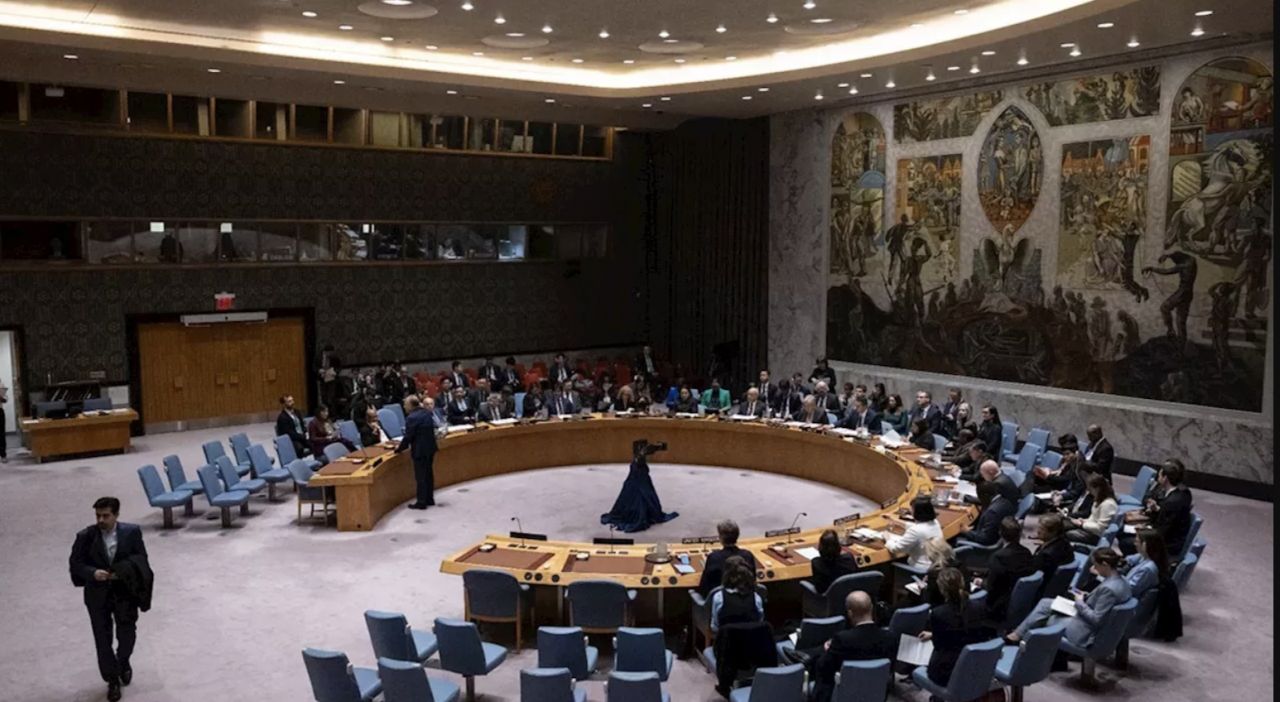In the United Nations on Thursday, a big vote went down on whether to greenlight full membership for Palestine. It was a tight race, with 12 nations saying "yes," the U.S. giving a firm "no," and two countries sitting on the fence. Notably, the U.S.'s buddies like France, Japan, and South Korea backed the resolution, showing some serious solidarity with Palestine.
This push for Palestinian recognition isn't just about politics; it's about standing up for a people in crisis. With Gaza in its seventh month of turmoil, there's a global call to support Palestinians facing humanitarian disasters. Over 140 countries have already given Palestine a nod, and this vote could've taken that recognition to the next level.
But the U.S. slammed the brakes on this resolution, opting for a more cautious approach. They're all about direct negotiations between Israel and Palestine, seeing that as the real path to statehood. It's like they're saying, "Hold your horses, let's talk this out first."
The Palestinian camp isn't backing down, though. Despite the setback, they're doubling down on their quest for statehood. Their ambassador, Riyad Mansour, made it clear: Palestine isn't some distant dream; it's right around the corner. They're not letting a veto get in the way of their determination.
This isn't the first rodeo for Palestine in the U.N. They've been knocking on that door since 2011, and while they haven't hit the jackpot yet, they've made some strides. Back in 2012, they upgraded from observer to non-member observer state, a move that opened up some doors for them internationally.
But the road to statehood is riddled with obstacles. The U.S. points to issues like Hamas's influence in Gaza, raising questions about whether Palestine meets the criteria for statehood. It's a sticky situation, but the U.S. is still waving the flag for a two-state solution, believing it's the key to peace in the region.
Meanwhile, Israel isn't exactly thrilled about this resolution. They're calling it out as detached from reality and warning of dire consequences. Their ambassador at the U.N. isn't holding back, accusing the Security Council of rewarding what he calls "atrocities"

Login